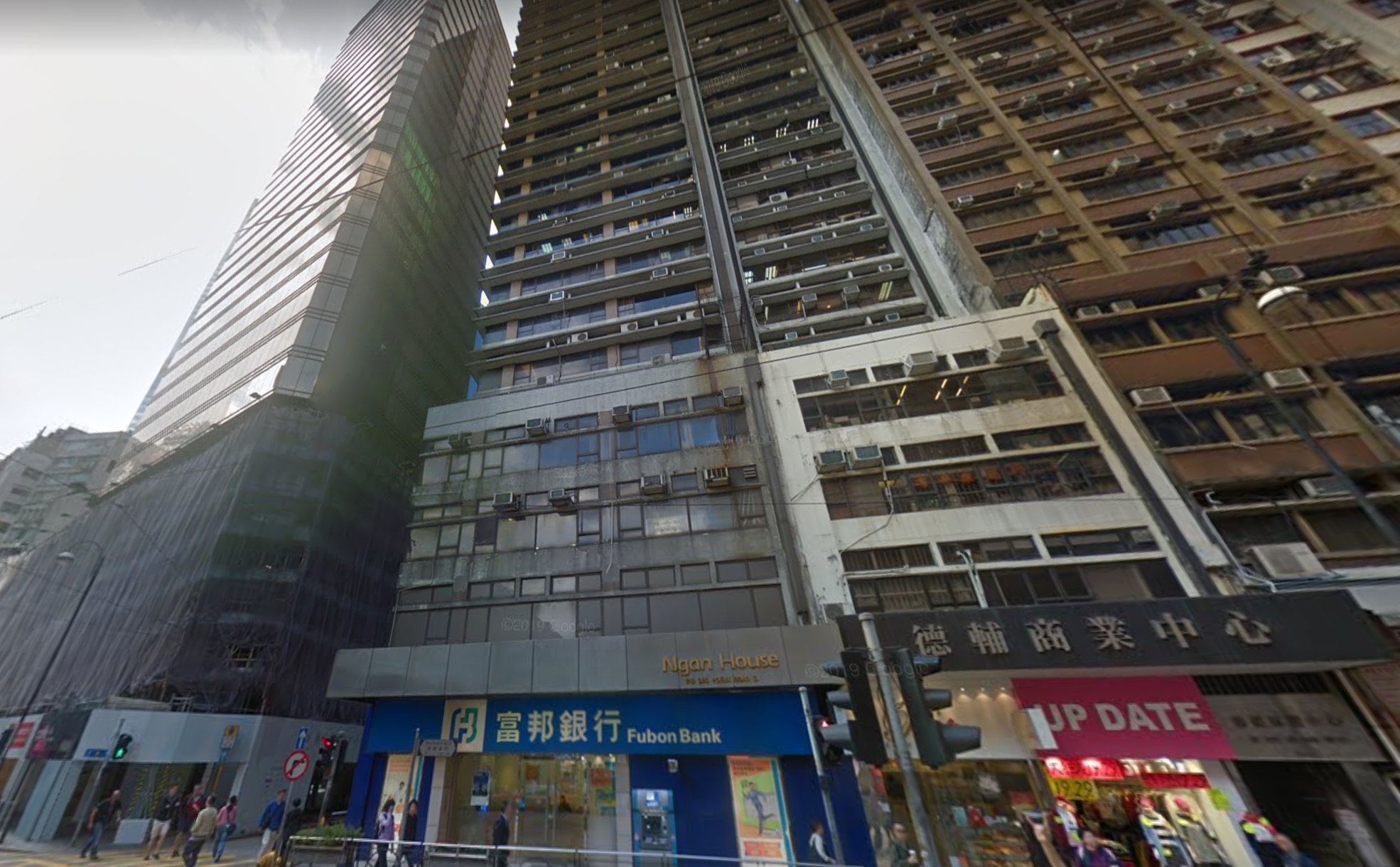Police are in the process of turning over some 1,400 seized passports to the Philippine Consulate in Hong Kong after they were seized in a police raid on a company where they had been illegally used as collateral for loans by Filipino overseas workers.
Philippine Consul Paulo Saret told Coconuts HK this morning that the lending institution that had made the loans was operating on an expired license, and that furthermore, using a Philippine passport as collateral results in its immediate invalidation.
“This has been going on since before I got here,” Saret said of the issue of passports used as collateral. “The first big one happened in 2017, and it involved around 240 passports, and they were seized by police from a loan shark, a privateer.”
“Last year, another case of a similar nature happened, but bigger — around 420 [passports,” he continued. “Two weeks ago we received a phone call from police saying they were able to raid the offices of a finance company whose license had already expired, so they were operating illegally, and they were able to seize 1,400 passports.”
So far, the consulate has received about 1,000 of the passports and is still waiting to receive the remaining 400.
Under Foreign Service Circular No. 214-99, any Philippine passport used as collateral for a loan is immediately invalidated.
The latest haul of 1,400 passports was seized on June 5 from a company based in Sheung Wan, according to the Sun, which reported that the operator was arrested for an alleged “breach of money lenders licence conditions.”
GMA identified the company as Overseas First Credit, though Consul Saret declined to confirm its name today. Police hadn’t responded to a Coconuts HK’s request for comment as of press time.
Saret said that the bearers of the invalidated passports could apply for new ones here in Hong Kong. For first-time offenders, the new documents would only be valid for five years, not the usual 10, and bearers’ names would be included on a watch list. Repeat offenders, however, will be barred from getting new passports, and will be allowed to complete their current work contracts, but cannot renew them.
“Basically, when we ask them, those who pawn the passports usually tell us that they badly needed money, but we tell them that’s not the solution,” Saret said. “You can’t solve a problem by creating another problem.”





Reader Interactions